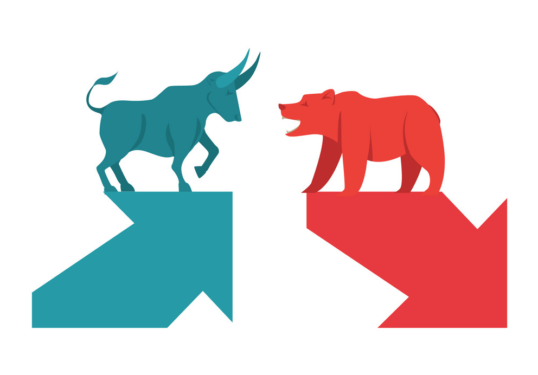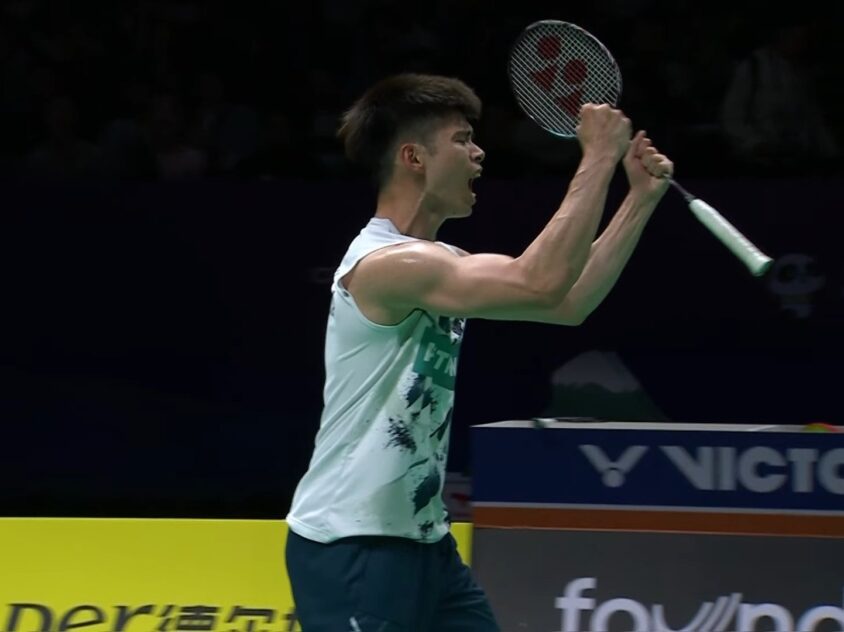WITH the Covid-19 pandemic, global management consulting firm Bain & Co expects a sustained impact on the private equity (PE) industry throughout the year with more companies looking for financing given the cash flow situation.
Even before disease outbreak, general partners (GPs) considered Southeast Asia (SEA) a challenging environment for PE with high multiples and a lack of deal opportunities in Thailand and the Philippines.
In a report, it says whether investments will stabilise later in the year – potentially with deals delayed from 1H20 – will depend on how long it takes to ‘reopen the economy’ as well as what social distancing measures will still be in force and whether there will be a ‘second wave’ of infection.
“In preparation for this period, GPs are looking at the global financial crisis (GFC) as an indicator of what to expect moving forward,” said Usman Akhtar, a Bain & Company partner and report co-author. “During the GFC, the number of funds raised in APAC (Asia Pacific) flatlined and were significantly smaller. While investors are likely to remain committed to private equity during this crisis, fundraising will slow.
“During the 2007-2008 crisis, overall deal count decreased but winners continued to invest selectively,” explained Alessandro Cannarsi, a Bain & Company partner and co-author of the report. We also saw exits drop and holding periods extended as GPs shifted focus to protecting value. We expect to see a similar response this year as a result of the ongoing situation.”
Last year, the SEA PE market moderated to US$12 bil (RM52.35 bil) after the record deal value levels that it saw in 2017 of US$14 bil. The landscape in SEA continues to be dominated by the internet and tech sector and represents over 60% of all deals done in the region, especially in Indonesia. Exit momentum decreased across SEA in 2019 to US$7 bil and deal multiples started to contract.
As a result of the Covid-19 pandemic and the inevitable global recession following, 2020 will be a particularly challenging year in PE. Therefore, GPs are thinking about how to protect their investments and re-emerge stronger in the “new normal.”
Bain & Company expects deal-making to slow in the near term, but the record amount of dry powder in the market today will continue to serve as the driving force for ongoing investment.
Returns for private equity will likely decline sharply in the short term, but new deals could have potentially good returns. With public markets volatile and corporates holding onto cash, private equity is well-positioned to be the buyer of any asset that comes up for sale.
“A few sectors will benefit from long-lasting changes in consumer behaviour and experience a significant increase in user base,” said Suvir Varma, a senior advisor at Bain & Company. “Sectors such as digital entertainment, including video streaming and gaming, fresh e-commerce and telemedicine should see a period of growth in the short to long-term.”
In its SEA Private Equity report, Bain & Company identified four matters that PE firms can do to pull through in these difficult times.
First, actively manage portfolio companies. Portfolio companies need to act now to protect the business today in a war-room style. Besides that, there is planning required to prepare to adjust to structural changes resulting from a pandemic-driven recession.
Second, invest through the cycle. Successful PE firms continued to invest, albeit at a lower overall value, supported by entry multiples that were considerably lower than pre-GFC. Economic downturns can also be a great opportunity to consider alternative deal types. Non-traditional buyouts, such as special situation, turnaround and recapitalisation investments, achieved a higher than average share of global deal count during the GFC and yielded ~2x higher than average returns.
Third, return value to investors. Limited Partners (LPs) are looking for advance notification of capital calls from GPs and forward-looking guidance to inform cash flow analysis, especially during a downturn. However, more often than not, capital calls have exceeded distributions, affecting some LPs’ ability to make new fund commitments. As LPs become more restrained and cash-strapped, it is especially important for PE firms to resist the urge to hold on for the “perfect” exit and monetise existing investments to drive distribution whenever possible.
Lastly, focus on the structural trends. Covid-19 will likely cause or accelerate structural trends that will impact different industries differently both in the short term and in the long run. It is key for LPs to pay attention to these trends and seek out attractive investment opportunities to get ahead of the curve. – April 29, 2020










